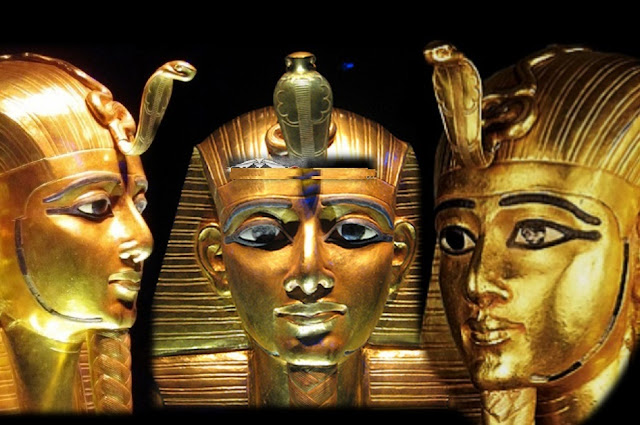The Berlin Conference (1884-1885)
How Greedy European Colonialists Shared African Lands and Resources
"The Berlin Conference was Africa's
undoing in more ways than one. The colonial powers superimposed their domains
on the African continent. By the time independence returned to Africa in 1950,
the realm had acquired a legacy of political fragmentation that could neither
be eliminated nor made to operate satisfactorily." (H.J. de Blij and Peter O.
Muller, Geography: Realms, Regions, and Concepts (1997) p. 340).
In 1884 at the request of Portugal, German
chancellor Otto von Bismark called together the major western powers of the
world to negotiate questions and end confusion over the control of Africa.
Bismark appreciated the opportunity to expand Germany's sphere of influence
over Africa and desired to force Germany's rivals to struggle with one another
for territory.
At the time of the conference, 80% of Africa
remained under traditional and local control. What ultimately resulted was a
hodgepodge of geometric boundaries that divided Africa into fifty irregular
countries. This new map of the continent was superimposed over the one thousand
indigenous cultures and regions of Africa. The new countries lacked rhyme or
reason and divided coherent groups of people and merged together disparate
groups who really did not get along.
Fourteen countries were represented by a plethora
of ambassadors when the conference opened in Berlin on November 15, 1884. The
countries represented at the time included Austria-Hungary, Belgium, Denmark,
France, Germany, Great Britain, Italy, the Netherlands, Portugal, Russia,
Spain, Sweden-Norway (unified from 1814-1905), Turkey, and the United States of
America. Of these fourteen nations, France, Germany, Great Britain, and
Portugal were the major players in the conference, controlling most of colonial
Africa at the time.
The initial task of the conference was to agree
that the Congo River and Niger River mouths and basins would be considered
neutral and open to trade. Despite its neutrality, part of the Congo Basin
became a personal kingdom for Belgium's King Leopold II and under his rule,
over half of the region's population died.
At the time of the conference, only the coastal
areas of Africa were colonized by the European powers. At the Berlin Conference
the European colonial powers scrambled to gain control over the interior of the
continent. The conference lasted until February 26, 1885 - a three month period
where colonial powers haggled over geometric boundaries in the interior of the
continent, disregarding the cultural and linguistic boundaries already established
by the indigenous African population.
Following the conference, the give and take
continued. By 1914, the conference participants had fully divided Africa among
themselves into fifty countries.
Major colonial holdings included:
Great Britain desired a
Cape-to-Cairo collection of colonies and almost succeeded though their control
of Egypt, Sudan (Anglo-Egyptian Sudan), Uganda, Kenya (British East Africa),
South Africa, and Zambia, Zimbabwe, and Botswana (Rhodesia). The British also
controlled Nigeria and Ghana (Gold Coast).
France took much of western Africa,
from Mauritania to Chad (French West Africa) and Gabon and the Republic of
Congo (French Equatorial Africa).
Belgium and King Leopold II
controlled the Democratic Republic of Congo (Belgian Congo).
Portugal took Mozambique in the east
and Angola in the west.
Italy's holdings were Somalia
(Italian Somaliland) and a portion of Ethiopia.
Germany took Namibia (German
Southwest Africa) and Tanzania (German East Africa).
Spain claimed the smallest territory
- Equatorial Guinea (Rio Muni).
Related article:
Africason
Africason is a die-hard believer in Africa.
Facebook: facebook.com/AfricanSchool








Comments
Post a Comment